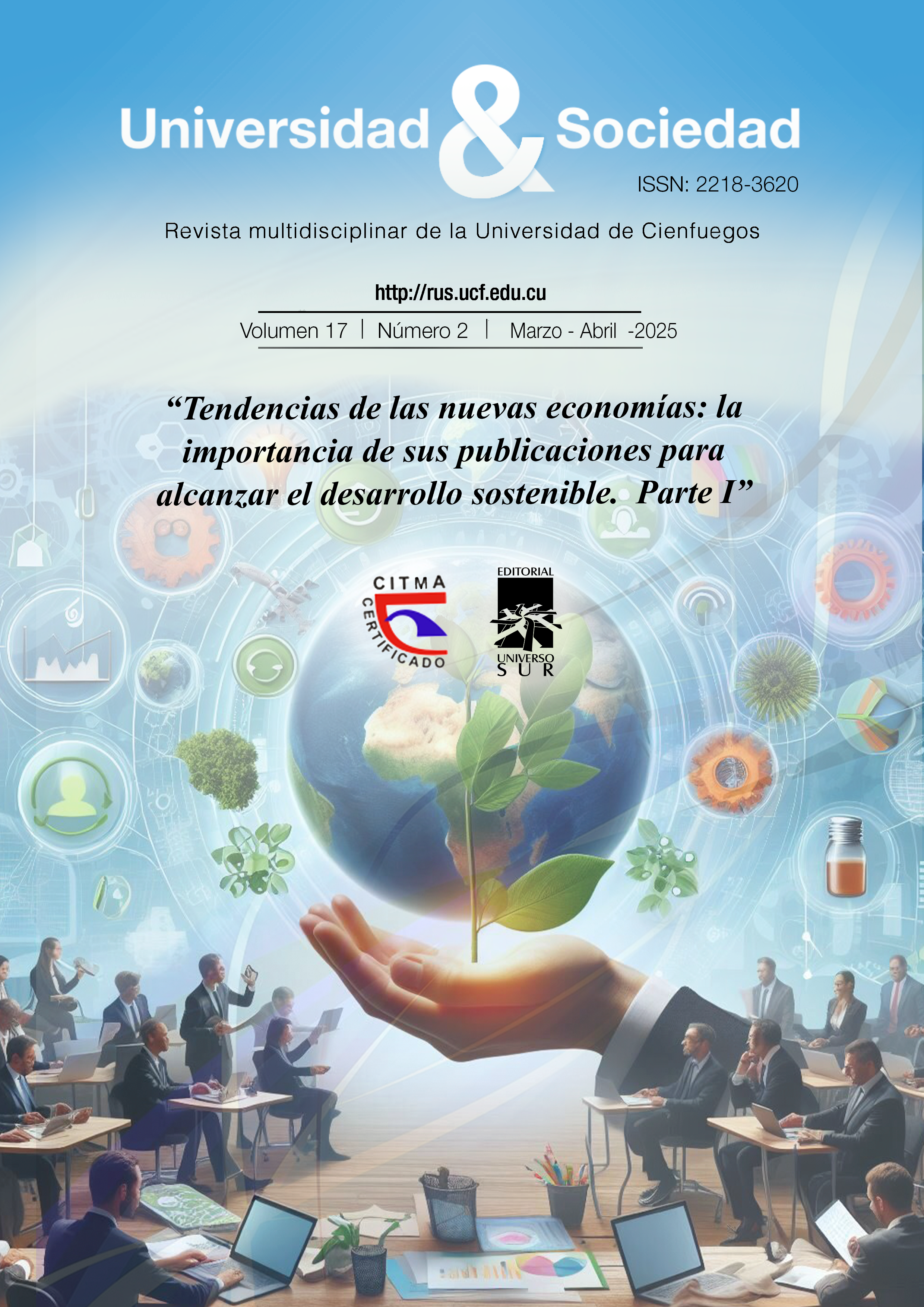Increase of the value added tax in Ecuador: analysis of the principle of progressivity in ecuadorian tax law
Keywords:
Value added tax, Principle of progressivity, Principle of equity, Direct taxes, Indirect taxesAbstract
The study analyzes the impact of the VAT increase from 12% to 15% on the progressivity of the Ecuadorian tax system. Since VAT is an indirect tax, it disproportionately affects low-income sectors, making it regressive and contrary to the principle of fiscal equity established in the Constitution. It is evident that this measure generates inequalities in the tax burden and harms consumption and economic activity, without the additional income offsetting the negative impact. The study suggests prioritizing direct taxes, such as income tax, that respect the contributive capacity of citizens and reduce the regressivity of VAT. It also recommends reviewing the tax system, extending the exemption of basic products from VAT and promoting policies that foster a more equitable tax culture. Finally, it mentions the Laffer curve, which warns that excessively high tax rates can reduce tax revenue by discouraging consumption and investment, affecting long-term economic growth.
Downloads
Published
How to Cite
Issue
Section
License
Copyright (c) 2025 Editorial "Universo Sur"

This work is licensed under a Creative Commons Attribution-NonCommercial-NoDerivatives 4.0 International License.
La editorial "Universo Sur", de la Universidad de Cienfuegos, publica el contenido de la Revista "Universidad y Sociedad" bajo una Licencia Creative Commons Atribución-NoComercial-SinDerivar 4.0 Internacional.
© Podrá reproducirse, de forma parcial o total, el contenido de esta publicación, siempre que se haga de forma literal y se mencione la fuente.










